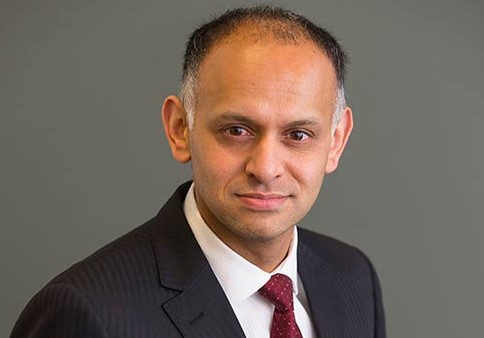The peer-to-peer operator reported a $1.096 million loss for the 2016 year.
It focuses on secured loans of between $25,000 and $2 million.
Morrison said the result reflected LendMe’s start-up costs, including the legal fees for the licence application and the design and construction of the platform's technology.
It launched in February.
But he said because the business relied mostly on technology, and a focus had been placed on building a smart back-end for the platform, it was expected it would be profitable within the next two months.
“That’s quite unusual for a start-up but is reflective of the fact we are relatively conservative as a group and trying to grow in a controlled fashion, with long-term sustainable growth.”
The peer-to-peer sector is watching the Commerce Commission’s case against another platform, Harmoney, closely.
The commission has asked the High Court to clarify how the Credit Contract and Consumer Finance Act applies to its loans.
Morrison said the case would affect LendMe because the fortunes of all peer-to-peer platforms were perceived as interrelated by the public.
But he said, of the $3.5 million LendMe had lent, only one loan of less than $100,000 had been to an individual. The rest had been to companies or trusts.
“They don’t fall into the consumer finance space so the CCCFA doesn’t apply to 99.99% of our transactions.”
LendMe’s lawyers had engaged directly with the Commerce Commission and the fees were structured in a way that met the CCCFA anyway, he said.
Morrison said the development of LendMe was about two months behind where he would want it to be in terms of the speed with which it was getting up and running.
It has declined the vast majority of the $40m in applications made to it because of concerns about the risk involved or the borrowers’ capacity to repay.
Morrison said, because all the money being lent was from retail investors, the platform had to be especially prudent.




 Search
Search